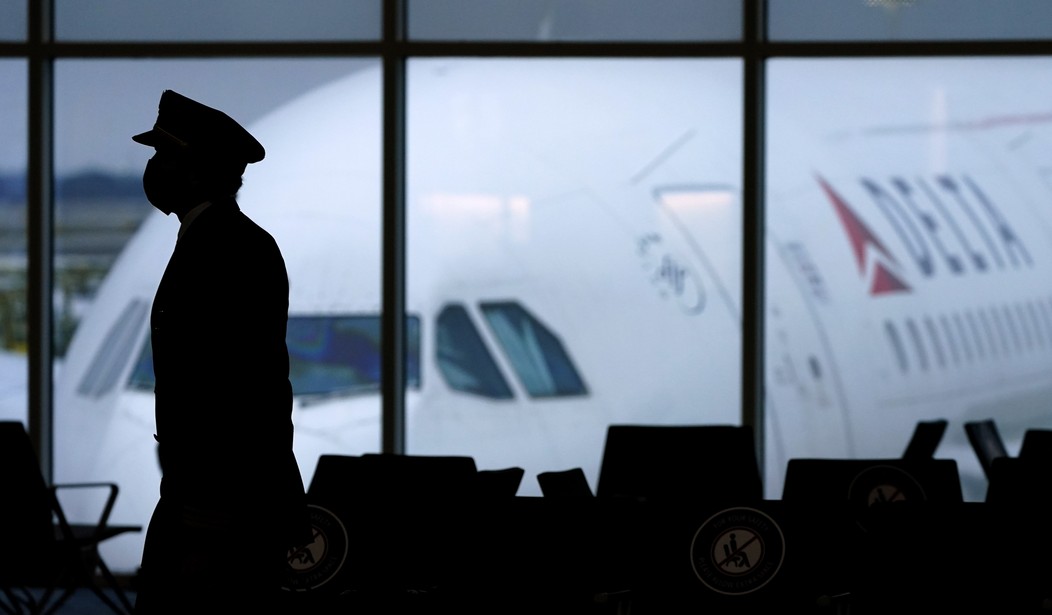A new report revealed that airlines, not weather, was the leading cause of canceled flights, leaving thousands of people stranded at airports.
Investigators with the Government Accountability Office (GAO) released findings from a new government report that found that the surge in flight cancellations post-pandemic was due to factors that airlines have control over, including cancellations for maintenance issues or lack of a crew.
The report, which was requested by Republican leaders of the House Transportation Committee, said that most of the increase in airline-caused cancellations has occurred at budget airlines. However, several of the largest airlines have also made more unnecessary errors.
According to date, flight cancelation rates in the last six months of 2021 dominated 2018 and 2019 rates despite 14 percent fewer scheduled flights. The GAO initially claimed weather was the leading cause of cancelations two years before the Covid-19 pandemic. However, the percentage of airline-caused cancelations began increasing by early 2021.
Major airlines have clashed with Transportation Secretary Pete Buttigieg over the increased cancellations. Carries have argued that the government is to blame for insufficient air traffic controllers, while Buttigieg points fingers at the airlines.
Republicans have questioned whether the Federal Aviation Administration (FAA) or Department of Transportation (DOT) under Buttigieg were helping to address these ongoing issues.
At the height of the pandemic, airline companies took $54 billion in taxpayer money to keep employees working through the unforeseen times. Still, they reduced workers anyway by paying them incentives to quit. Then, as travel picked up and the world returned to normal, the airlines struggled to replace thousands of workers who left.
Recommended
Southwest, Delta, American, United, Allegiant Air, Spirit, JetBlue, and Frontier Airlines were to blame for more than 60 percent of their total cancelations caused by issues those carriers could control.
"Carriers have taken responsibility for challenges within their control and continue working diligently to improve operational reliability as demand for air travel rapidly returns," a spokeswoman for trade group Airlines for America, Hannah Walden, said. "This includes launching aggressive, successful hiring campaigns for positions across the industry and reducing schedules in response to the FAA's staffing shortages."

























Join the conversation as a VIP Member